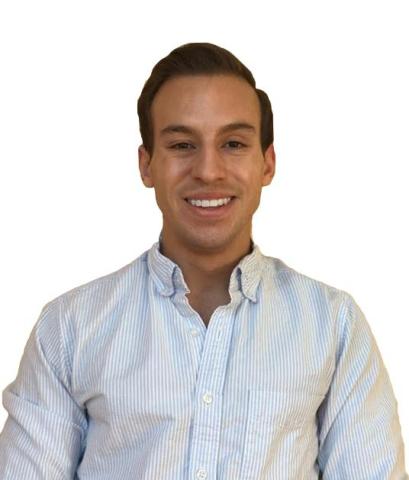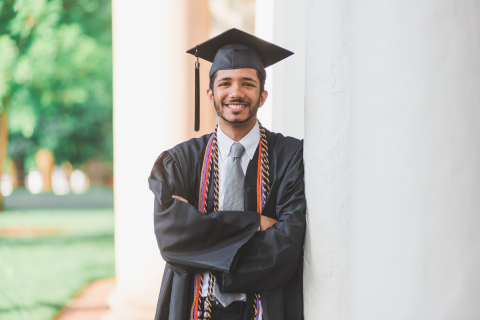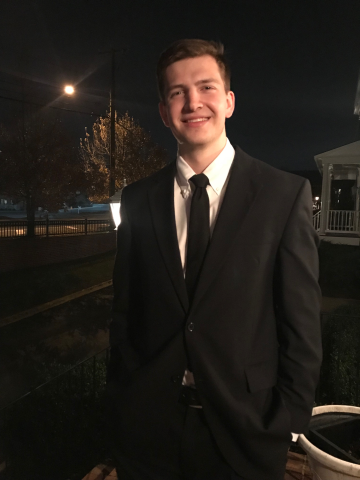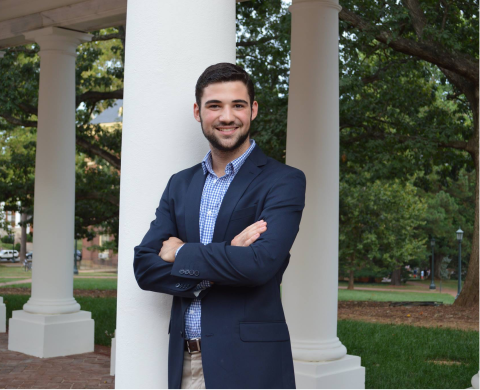Graduates
Sooraj Achar Class of 2018View ProfileBridget Andersen Class of 2018View ProfilePatrick Andrews Class of 2019View ProfileDrake Dixon Class of 2018View ProfileRichard Doty Class of 2019View ProfileCara Giordano Class of 2018View ProfileDiogo Miguel Goncalves Fortes Class of 2019View ProfileCrystal Gong Class of 2018View ProfileDavid Johanson Class of 2019View ProfileHannah Piester Class of 2019View ProfileNicholas Venturini Class of 2019View ProfileAaron Winn Class of 2019View Profile











